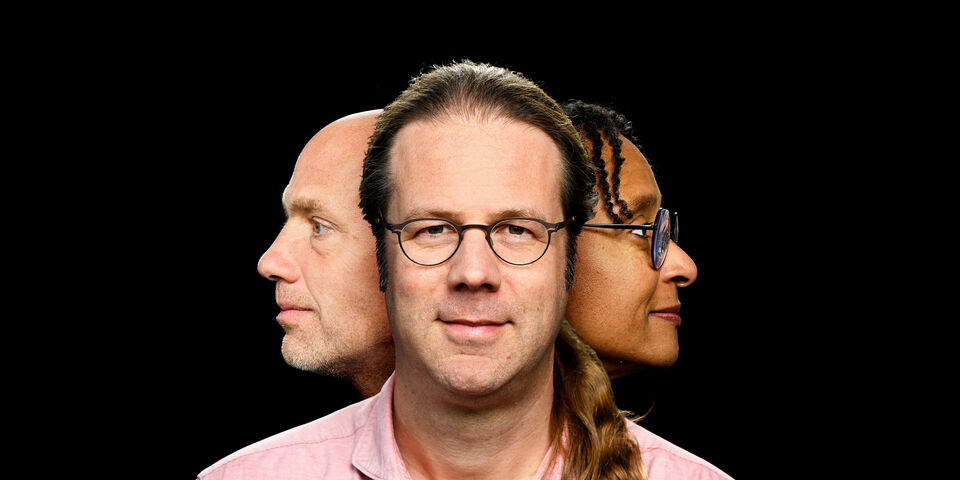BFF | Discipline
The department of Chemical Engineering was experimenting in 1993 with Project Guided Education (Challenge Based Learning, it is called nowadays). This was inspired by education at Maastricht University – for reasons that completely elude me, also in those days already a beacon of inspiration – and as a result our easiest obtained ECTS ever. Not limited by knowledge we worked on a 'Chemistry and Society' project, for which we sprayed some synthetic fragrances around in the classroom and performed a beer tasting experiment.
Our project had little depth, but had some value regarding social skills. And at least it was not an interdepartmental project; a concept still considered cuckoo by most of the teaching staff in those days.
Personally, I still have difficulties working with scientists that require the term scientist in their professional name. But, after many years, I can now rather easily have scientifically relevant discussions with colleagues for example from the clinic, biologists or certain physicists. Not because I am trained in those professions or because I have followed courses on interdisciplinary collaboration, but because those that I collaborate with are experts in their own discipline.
To be able to work interdisciplinary, you first need to be in control of your own discipline. Only then you can understand what another discipline has to offer to you and vice versa. Collaborating in a functional and interdisciplinary manner goes most effective with (scientific) excellence in your own discipline.
At the start of your studies, the best way to learn to work in groups is via rather monodisciplinary teams. A nice example thereof is the TU/e student team iGEM that won the iGEM competition last October in Paris. The team beat 180 international teams, from Tsinghua to Harvard, with a new synthetic biology project. Collaborations within the team were fantastic, probably because the team stayed close to their own disciplinary knowledge, achieving significant progress within a short time-frame.
Collaborating in interdisciplinary teams has become a goal in itself at universities, instead of a means to be used when really needed. However, when a means becomes a goal in itself, be aware. Mostly, it is a mock solution for a problem that is not being addressed at its core. Also, such means inevitably lead to weakening of the disciplinary knowledge and in the long run to a weakening of the really valuable interdisciplinary collaborations.
When you have the desire to make an impact on society, then leave superficial collaborations for what they are and do not follow hollow themes like sustainability, but first invest in your own discipline.
By the way, to become an expert in your discipline requires a certain amount of discipline. But we will talk about that another time.
BFF | Bald, Frizzy or Flowing is a joint initiative of Willem Mulder (Bald), Monique Bruining (Frizzy) and Luc Brunsveld (Flowing), that they started at the beginning of 2023 on the site of Cursor.


Discussion